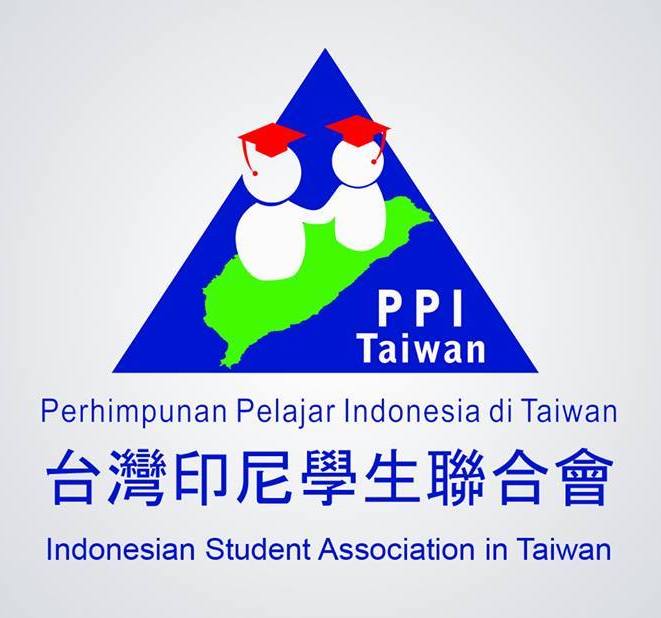INTERNATIONAL LAW, HUMANITARIAN ISSUES, AND THE COVID-19 OUTBREAK: THE AMBIVALENCE OF INDONESIAN GOVERNMENT IN HANDLING REFUGEES
Abstract
This research aims to reveal the difficulties faced by the Indonesian government in dealing with refugees during the COVID-19 outbreak and find solutions to these problems. To analyze this phenomenon, this research used a descriptive qualitative approach. Data was collected through interviews, literature study, and supported by observation. The research result shows that the Indonesian government faces ambivalence in dealing with this problem. On the one hand, Indonesia did not participate in ratifying the 1951 International Convention and the 1967 Protocol, so Indonesia was not obliged to handle the presence of refugees. But on the other hand, since early 2020, Indonesia has been appointed as a member of the UN Human Rights Council so indirectly Indonesia must comply with all forms of international declarations on human rights. With this position, the Indonesian government must normatively pay attention to refugees in the form of access to social assistance and health facility services. Considering government limitations due to the COVID-19 outbreak, several solutions that can be taken include clarifying and strengthening the cooperation with UNHCR and IOM, expanding community-based protection cooperation, delegating part of the state's authority to local governments which deemed capable, and regulating the opening of limited work access for refugees.
Copyright (c) 2022 Indonesian Scholars Scientific Summit Proceeding

This work is licensed under a Creative Commons Attribution 4.0 International License.







